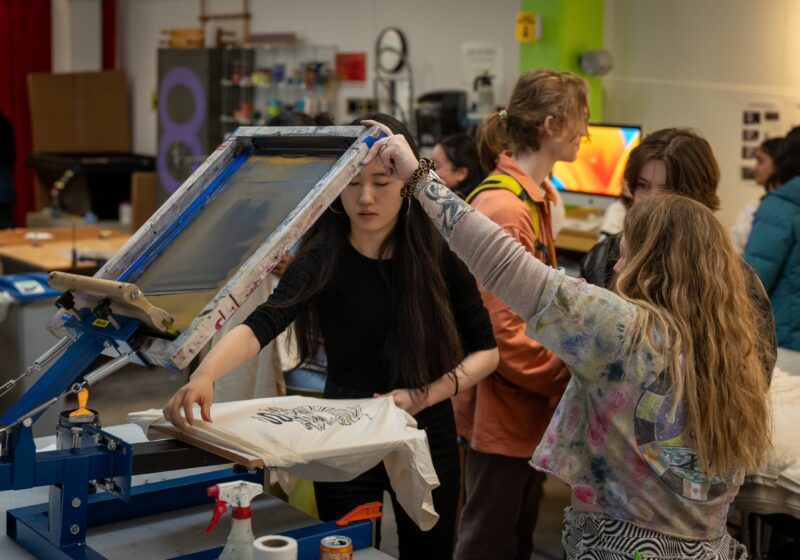The United States has employed public financing of presidential elections since the 1970s. Although the specific regulations of the U.S. system of public financing are complicated, the concept behind public financing is simple. In return for accepting limits on spending, candidates can obtain government funding for their campaigns. One obvious intent of public financing is to reduce the influence of moneyed interests on presidential elections. But this election cycle has raised questions about the value of the nation’s public financing system.
Since participation is voluntary, major candidates fortunate enough to enjoy substantial private funding often choose the private option to avoid the spending caps. Thus, common sense dictates that the current system is fundamentally flawed. For better or for worse, the system fails to meet its own criteria of reducing the influence of private money on elections. Most candidates simply use public financing as a safety net in case private fundraising is lagging.
If anything, the public financing system gives candidates one more source of campaign funds – this one financed at taxpayer expense. When filing their income taxes, taxpayers can voluntarily choose to donate $3 to the Presidential Election Campaign Fund at no extra expense. Since these $3 are directed to a special fund for public financing, the federal government has three less dollars to spend on other programs. The federal government must make up the difference by increasing taxes or taking on further debt. Thus, the voluntary nature of the system’s funding is deceptive: ultimately, the hundreds of millions of dollars spent on public financing each election cycle are funded by all of the taxpayers.
Despite this expense, the benefits are minimal. For the most part, presidential candidates only use public financing when private contributions are seen as less lucrative. In this primary season, nonserious contenders like Senator Joseph Biden and Representative Tom Tancredo accepted public financing, while the heavyweights like Senators Barack Obama, Hillary Clinton and John McCain did not. Thus, the American taxpayer often funds the campaigns of long-shot candidates who choose public financing simply because they lack the same level of fundraising support as the major contenders.
Another weakness of the current public funding system is its division of the election cycle into two distinct stages: the primaries and the general election. Currently, presidential candidates first decide whether to draw on public funding for the primaries; only later do they choose whether to accept public financing for the general election. In this situation, politicians pick the option in each stage that promises to bring in more revenue. Thus, in 2004, President Bush and Senator John Kerry both chose private funding for the primary season, but opted for public financing in the general election. This arrangement defeats the system’s intended purpose of reducing the influence of special interest groups.
The fundraising records set by Clinton and Obama this primary season have highlighted this issue. In the general election, it seems likely that foregoing public financing will give the eventual Democratic nominee a significant advantage over McCain. Clinton has already declared her intention to pass up public financing. Pointing to a pledge Obama made last year, however, McCain has called on Obama to join him in accepting public funding if the senator wins the Democratic nomination. Obama has not yet made his intentions clear, but he has in the past indicated a preference for a publicly financed general election.
Yet Obama and McCain’s attitude toward public financing seems paradoxical. Both have already accepted millions of dollars in the primaries from individuals associated with various industries and special interests. I wonder how switching to public financing in the general election will eliminate the excessive influence of special interest money, which both candidates seem to believe exists, after they have already benefited from raising millions in the primaries.
If the clout of special interest money is a serious issue, then the damage has already been done in the primaries. Another possibility is that the candidates are exaggerating the menace of special interests for reasons of political theater. Either way, the justification for this current system is questionable.
Now is a good time to consider whether the country really benefits from publicly funding presidential candidates. True, eliminating the influence of special interests is a lofty goal, but when the system costs taxpayers $100 million every year with little to show for it, perhaps it is time for a change. Either the system should be overhauled, or it should be scrapped altogether.
Jaramillo is a member ofthe class of 2011.






